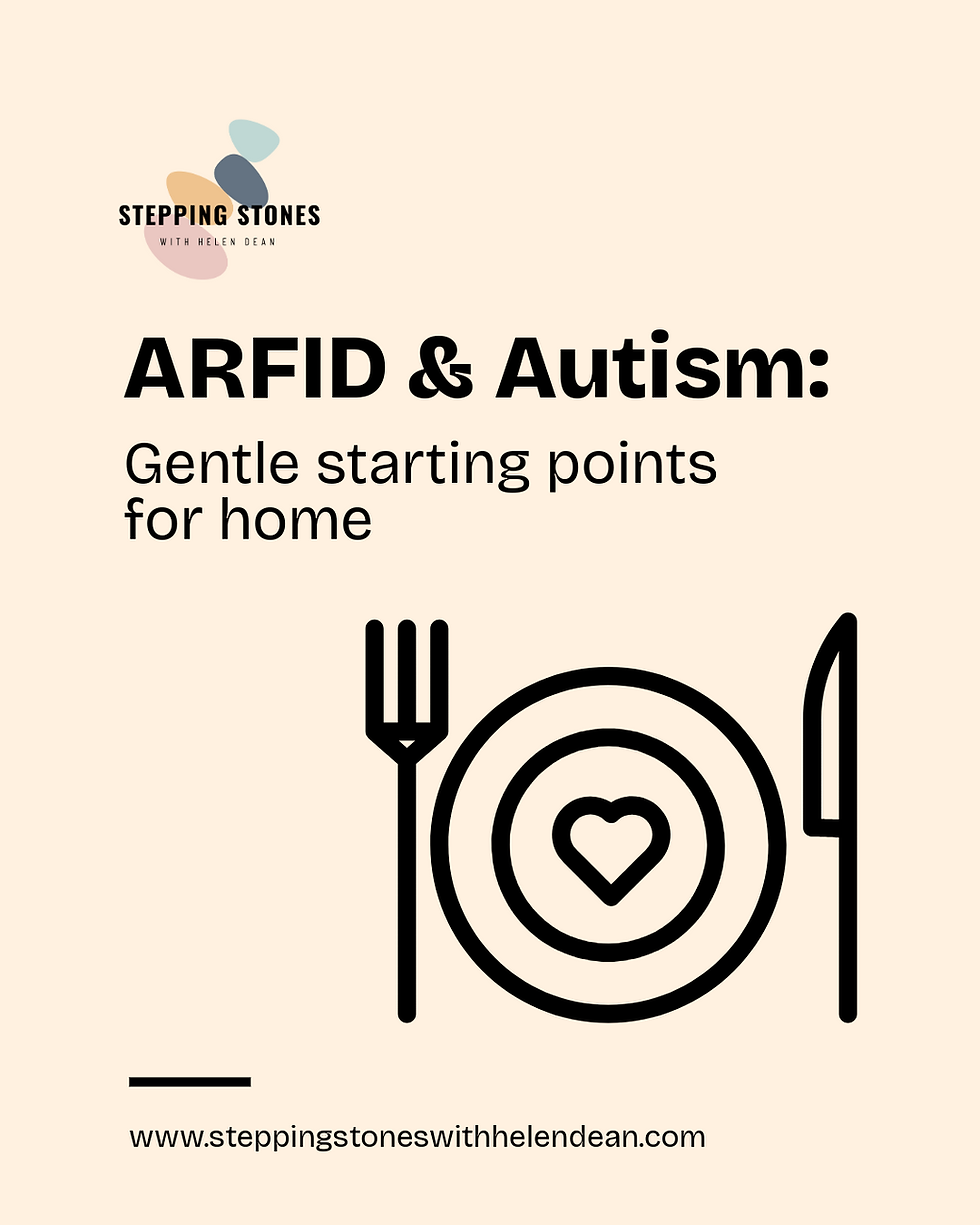The Dangerous Dance of Anorexia and Competitiveness
- hdean1974
- Oct 28, 2023
- 3 min read
In a world that often glorifies thinness and competitiveness, the intersection of anorexia and the pursuit of success can be a perilous and heartbreaking one. Anorexia nervosa, a complex and life-threatening eating disorder, is often rooted in deep-seated psychological and emotional struggles, but it can also be exacerbated by the pressures of a competitive society. This article explores the relationship between anorexia and competitiveness, shedding light on the profound impact this toxic combination can have on individuals' lives.
The Pressure to Conform:
Competitiveness is an inherent part of human nature. It drives us to strive for excellence, achieve our goals, and reach new heights. However, in the modern world, this competitiveness can take a dark turn when it comes to the pursuit of a particular body image. Media, advertising, and societal expectations often set unrealistic standards of beauty and success, promoting a thin ideal that can be dangerous for many individuals.
The Quest for Control:
Anorexia nervosa is characterized by an intense fear of gaining weight and a distorted body image. It manifests as a desire for control over one's body, food intake, and overall appearance. For some individuals, especially those with perfectionistic tendencies or a competitive nature, anorexia can be a way to exert control over an aspect of their lives in which they feel vulnerable. The restrictive eating patterns and excessive exercise associated with anorexia provide a false sense of control and achievement, satisfying the competitive urge.
The Dark Side of Success:
Competitiveness in itself is not inherently negative, but when combined with anorexia, it can drive individuals to push themselves beyond reasonable limits. Success becomes intertwined with thinness, and the pursuit of accolades, promotions, or recognition takes precedence over well-being. Those struggling with anorexia may believe that they must attain a certain body weight or appearance to be considered successful in their careers, relationships, or personal lives.
Peer and Social Pressure:
Competitiveness often extends into our social circles, where individuals compare themselves to others in a relentless quest for validation. In anorexia's grip, individuals may engage in disordered eating behaviors to match or outdo their peers, leading to a cycle of unhealthy competition that can be difficult to break. The constant comparison and competitiveness can further entrench anorexic tendencies, making it even harder to seek help.
The Vicious Cycle:
Anorexia and competitiveness feed into each other, creating a dangerous cycle. The desire to excel and meet societal standards drives disordered eating behaviors, while the resulting weight loss can lead to a false sense of accomplishment and superiority. This, in turn, fuels the competitive spirit, making it harder for individuals to recognize the harmful consequences of their actions.

Breaking Free:
Breaking the bonds of anorexia and competitiveness requires a multi-faceted approach. Professional help, such as therapy and medical intervention, is crucial for recovery. Additionally, fostering a supportive environment that promotes self-acceptance and emphasizes intrinsic qualities over outward appearance can help individuals struggling with this toxic combination.
Conclusion:
The intersection of anorexia and competitiveness is a harrowing journey that takes a significant toll on individuals' physical and mental health. Society must strive to shift the focus from external validation and appearance-based competition to a more holistic and compassionate understanding of success. Ultimately, by prioritizing mental and physical well-being over unrealistic ideals, we can work towards breaking the vicious cycle and helping those affected by this devastating combination find a path to recovery and self-acceptance.






Comments